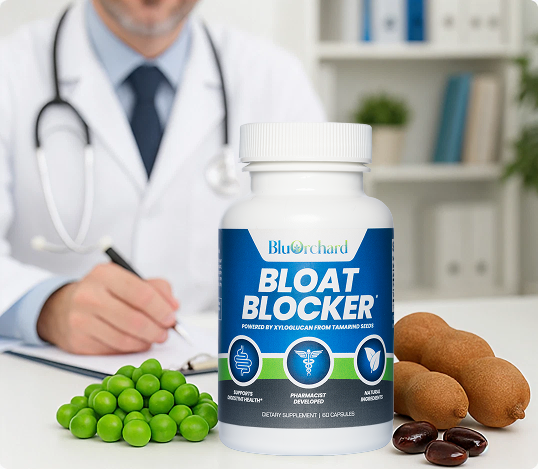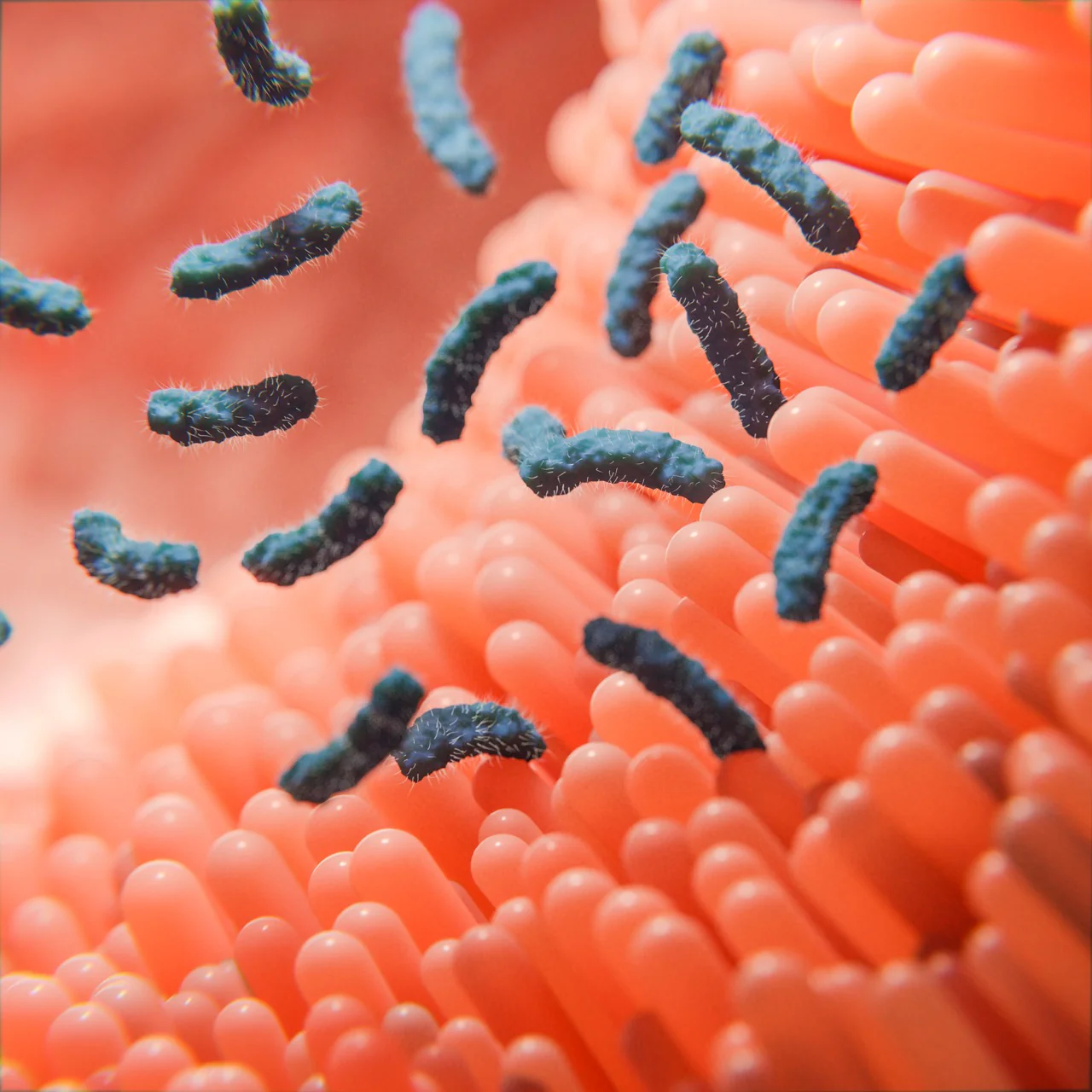Relieves Bloating
Boosts Digestion
Supports Gut Health
Relieves Bloating
Fast Relief
Your gut is more than just a digestive organ
Let’s dive into the science of gut health and explore solutions that can transform your well-being.


Bloating isn’t just about overeating or indulging in the wrong foods.
 Leaky Gut
Leaky Gut
 Microbiome imbalance
Microbiome imbalance
 Chronic inflammation
Chronic inflammation
The Gut Microbiome: Your Inner Ecosystem
When the balance of good and bad bacteria shifts, problems like bloating, constipation, or diarrhea arise. Factors like stress, antibiotics, and a diet high in processed foods can throw this delicate ecosystem out of sync.


The Root of Inflammation
This triggers an immune response, leading to chronic inflammation that can manifest as bloating, food sensitivities, and digestive discomfort. Poor diet, stress, and certain medications can weaken the gut lining, making it more permeable and contributing to ongoing digestive and systemic health issues.
Meet Dr. Daniel Ricciardi

Your gut is more than just a digestive organ
It’s the control center for your overall health. Often called the "second brain," your gut influences immunity, mood, energy levels, and even skin health. When your gut is balanced, you feel unstoppable. When it’s not, you can experience bloating, fatigue, and discomfort that hold you back from living your best life.
Let’s dive into the science of gut health and explore solutions that can transform your well-being.

Bloating isn’t just about overeating or indulging in the wrong foods.
 Leaky Gut
Leaky Gut
 Microbiome imbalance
Microbiome imbalance
 Chronic inflammation
Chronic inflammation

The Gut Microbiome: Your Inner Ecosystem
Trillions of bacteria live in your digestive system, collectively known as the gut microbiome. These bacteria help break down food, produce essential nutrients, and even communicate with your brain.
When the balance of good and bad bacteria shifts, problems like bloating, constipation, or diarrhea arise. Factors like stress, antibiotics, and a diet high in processed foods can throw this delicate ecosystem out of sync.


The Root of Inflammation
Your intestinal lining acts as a barrier, controlling what enters your bloodstream. When this barrier is compromised—a condition known as leaky gut—harmful substances like toxins, undigested food particles, and bacteria can slip through.
This triggers an immune response, leading to chronic inflammation that can manifest as bloating, food sensitivities, and digestive discomfort. Poor diet, stress, and certain medications can weaken the gut lining, making it more permeable and contributing to ongoing digestive and systemic health issues.
Meet Dr. Daniel Ricciardi
Dr. Ricciardi is a pharmacist and functional medicine practitioner focusing on small intestinal bacterial overgrowth (SIBO), IBS, and gut health.

